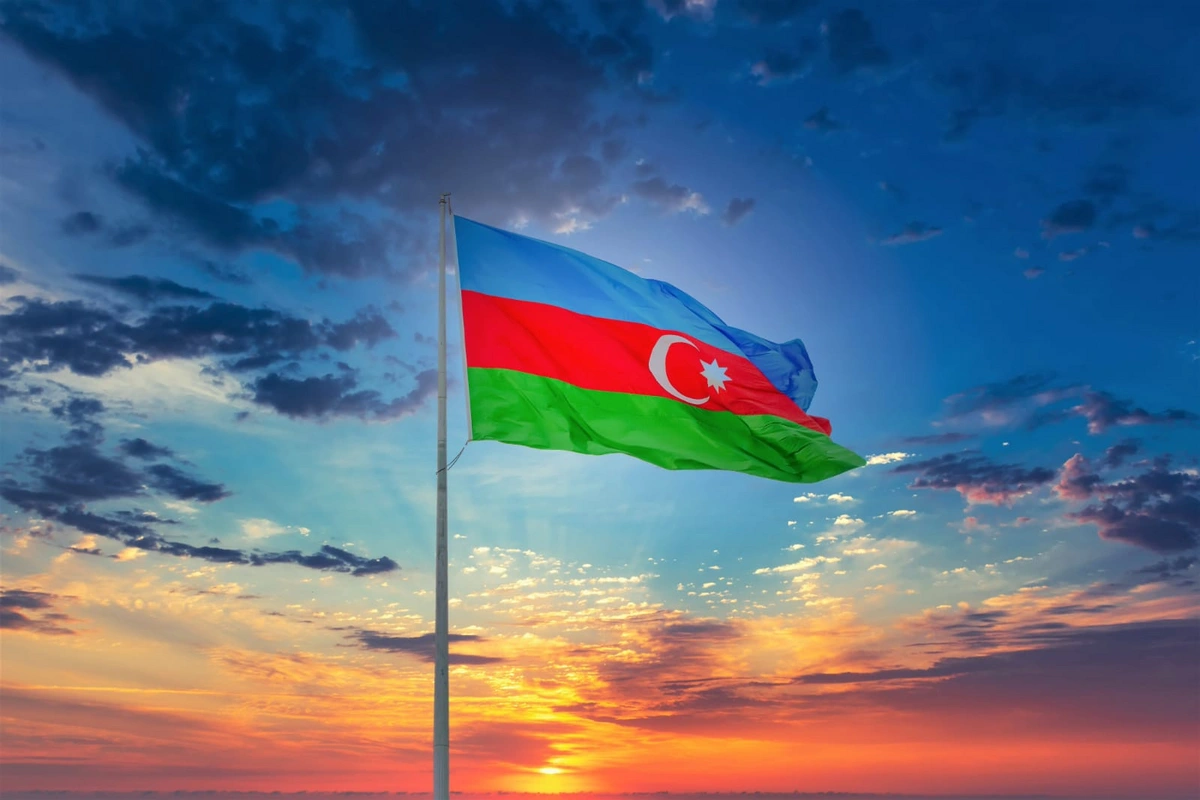Eurasianet: Azerbaijan emerges as key link between Middle East and Caucasus
- 24 October, 2025
- 09:39

Azerbaijan's expanding role on its southern flank highlights the deepening strategic fusion between the Middle East and the Caucasus, two regions long treated as distinct geopolitical spheres, Eurasianet said in a commentary titled "Azerbaijan and Caucasus-Middle East reconnection," Report informs.
"With Russia and Iran distracted and diminished, Baku has gained room to project influence as an emerging player in the Arab world. Its location grants the South Caucasus nation disproportionate sway over regional energy and security dynamics. These factors strengthen the case for repealing Section 907, which constrains US engagement with Baku despite Azerbaijan's growing value to Washington's efforts to forge a new balance of power in the Middle East," reads the article.
Eurasianet recalled that on October 18, US Central Command chief Admiral Brad Cooper met with Azerbaijani Defense Minister Colonel General Zakir Hasanov-"an unusual engagement given that Azerbaijan falls under US European Command, rather than CENTCOM's purview. The meeting signaled a quiet expansion of Washington's regional coordination."
As Politico noted on October 15, Azerbaijan, along with Pakistan and Indonesia-has emerged as a leading Muslim nation interested in joining the ISF. "Negotiations over the force's structure are ongoing. Azerbaijani President Ilham Aliyev's participation in the October 13 Sharm-el-Sheikh summit that sealed the Gaza ceasefire further underscored Baku's growing stature as a Muslim-majority US partner linking Eurasia and the Middle East's evolving security architecture," reads the article.
Azerbaijan's close ties with both Türkiye and Israel have made it a pivotal actor in the emerging regional balance. ƏBaku is uniquely positioned to mediate between its two key partners, whose interests often diverge, particularly in Syria. Between May and July, Azerbaijan facilitated three rounds of talks between Ankara and Jerusalem over their respective zones of control in Syria. In parallel, Aliyev deepened engagement with Syria's transitional leadership, culminating in President Ahmed al-Sharaa's July 12–13 visit to Baku (their second meeting since April), where the two sides signed a landmark deal to export Azerbaijani gas to Syria via Türkiye," says Eurasianet.
Baku's role as a key intermediary between Türkiye and Israel directly advances US interests by reducing Washington's burden to ensure regional stability, according to Eurasianet. "Closer to home, Baku can play an even more consequential role in US efforts to manage a transitional Iran. Already, Azerbaijan, Armenia, and the United States have signed a trilateral agreement establishing the Trump Route for International Peace and Prosperity (TRIPP), linking Azerbaijan with its exclave Nakhchivan via southern Armenia along the Iranian border. As the Islamic Republic faces internal upheaval and mounting pressure to engage with Washington, Azerbaijan's strategic support is set to become increasingly indispensable."
"To fully harness Azerbaijan's potential as a stabilizing partner in Gaza and a bridge between the Middle East and Eurasia, Washington should remove the structural obstacles constraining bilateral cooperation," Eurasianet says.